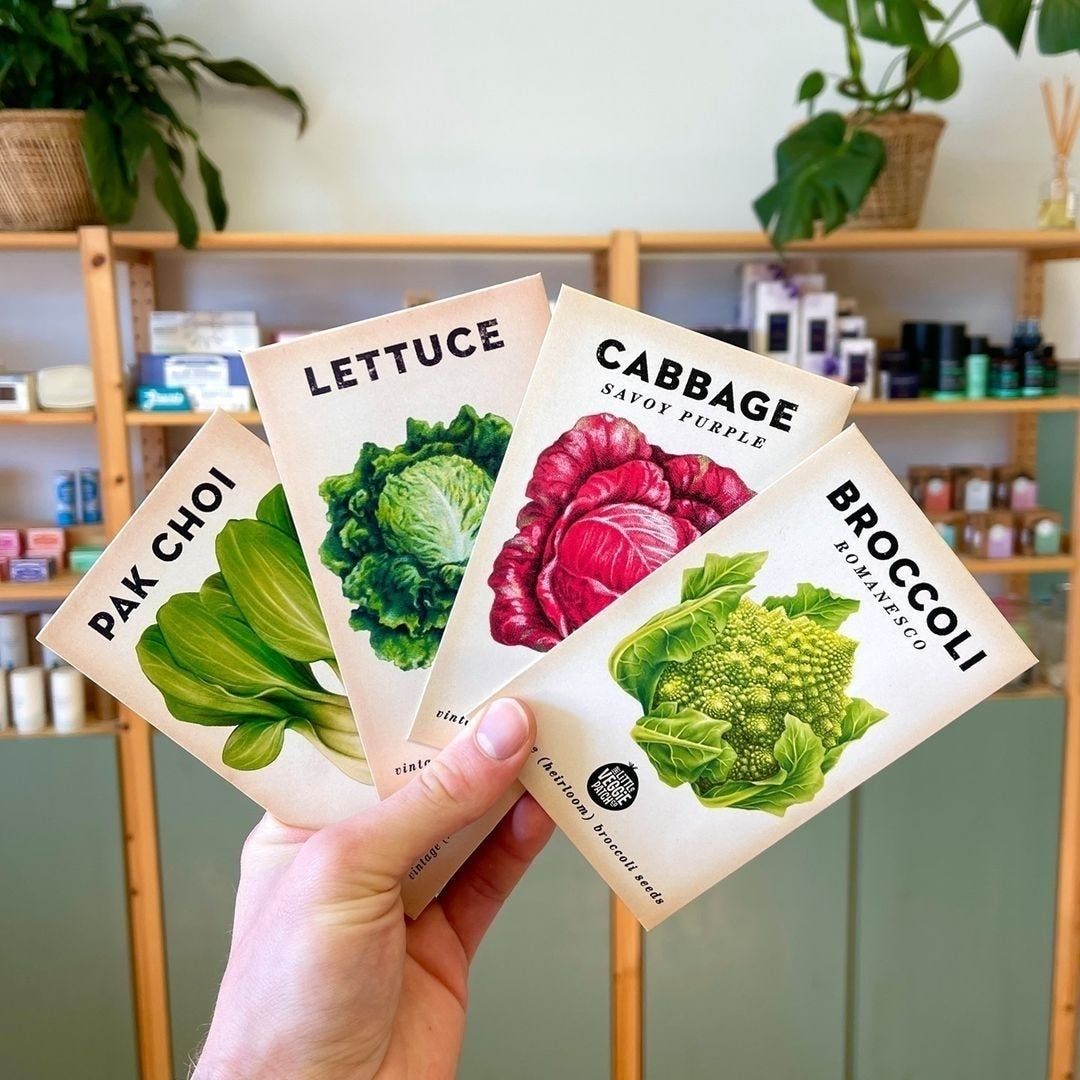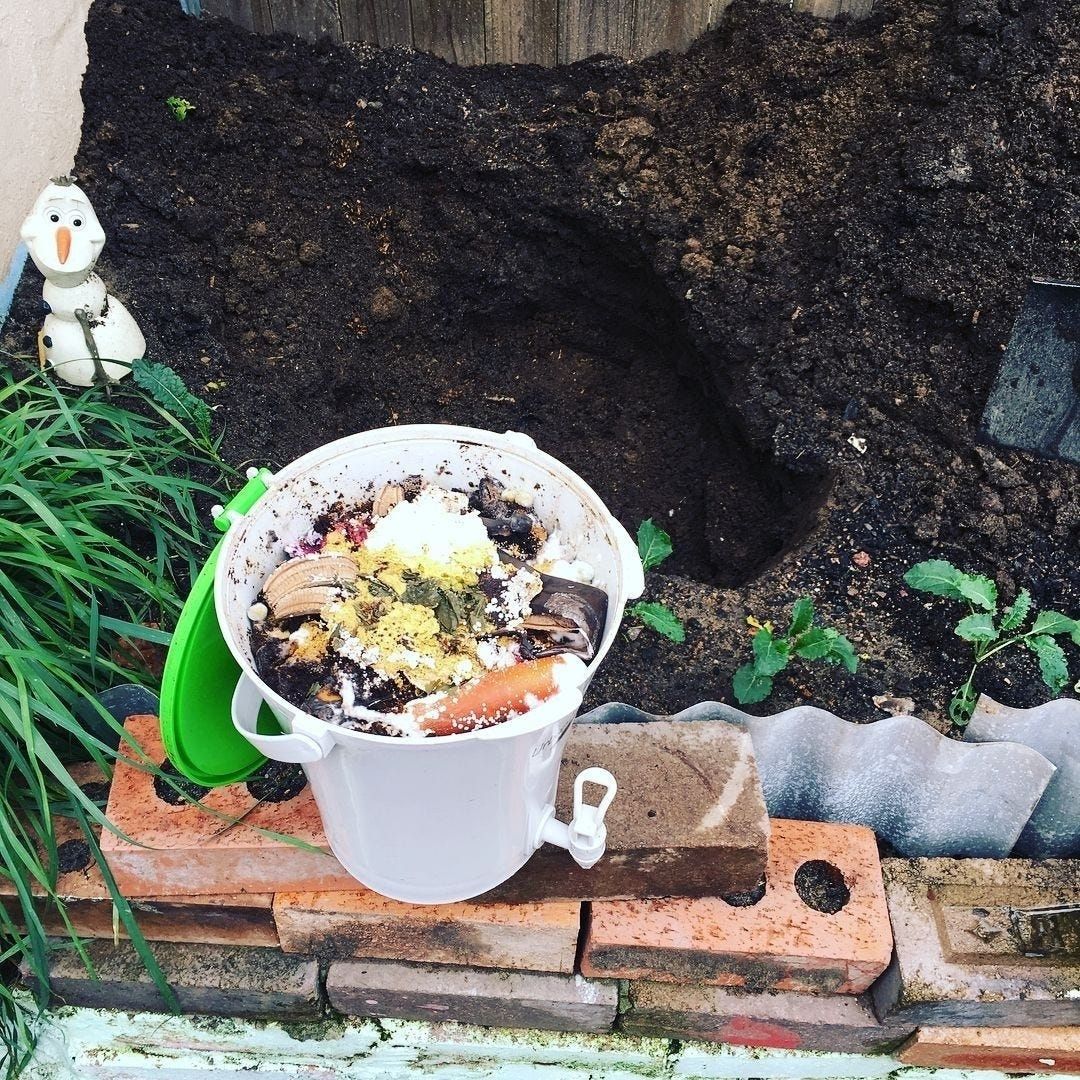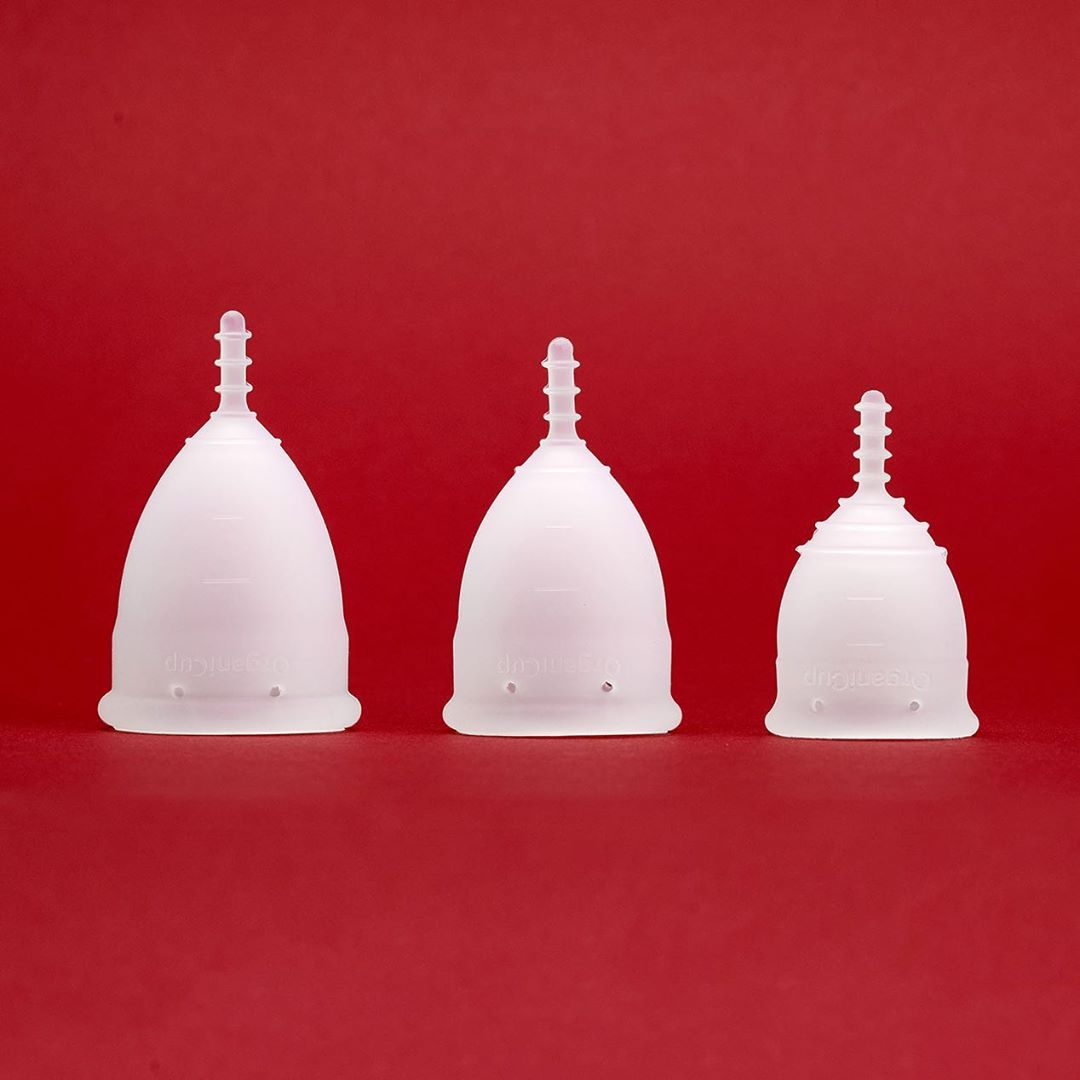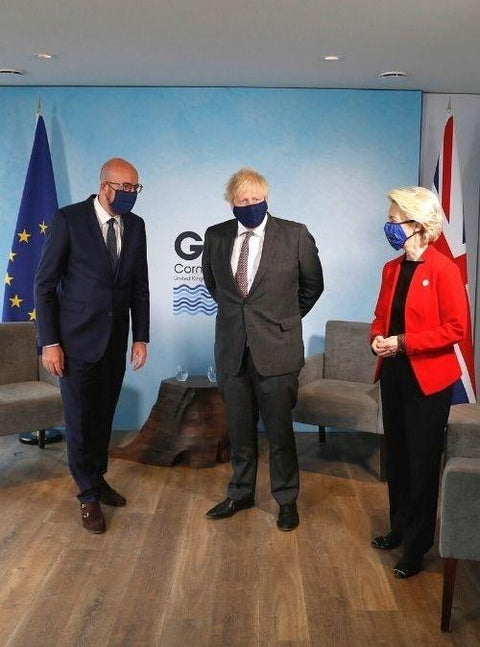It’s that time of the year again! Here at Flora & Fauna, we want to help you to be part of the solution to plastic pollution — that’s why we’re massive supporters of Plastic Free July. For the month of July, join millions of people around the world who are refusing single-use plastics and making zero-waste swaps in the home to end plastic pollution for good.
It doesn’t matter if you’re a complete newbie, or a plastic-free expert — get involved with the Plastic Free July challenge to see how you can make a difference in your home, school, workplace and community!
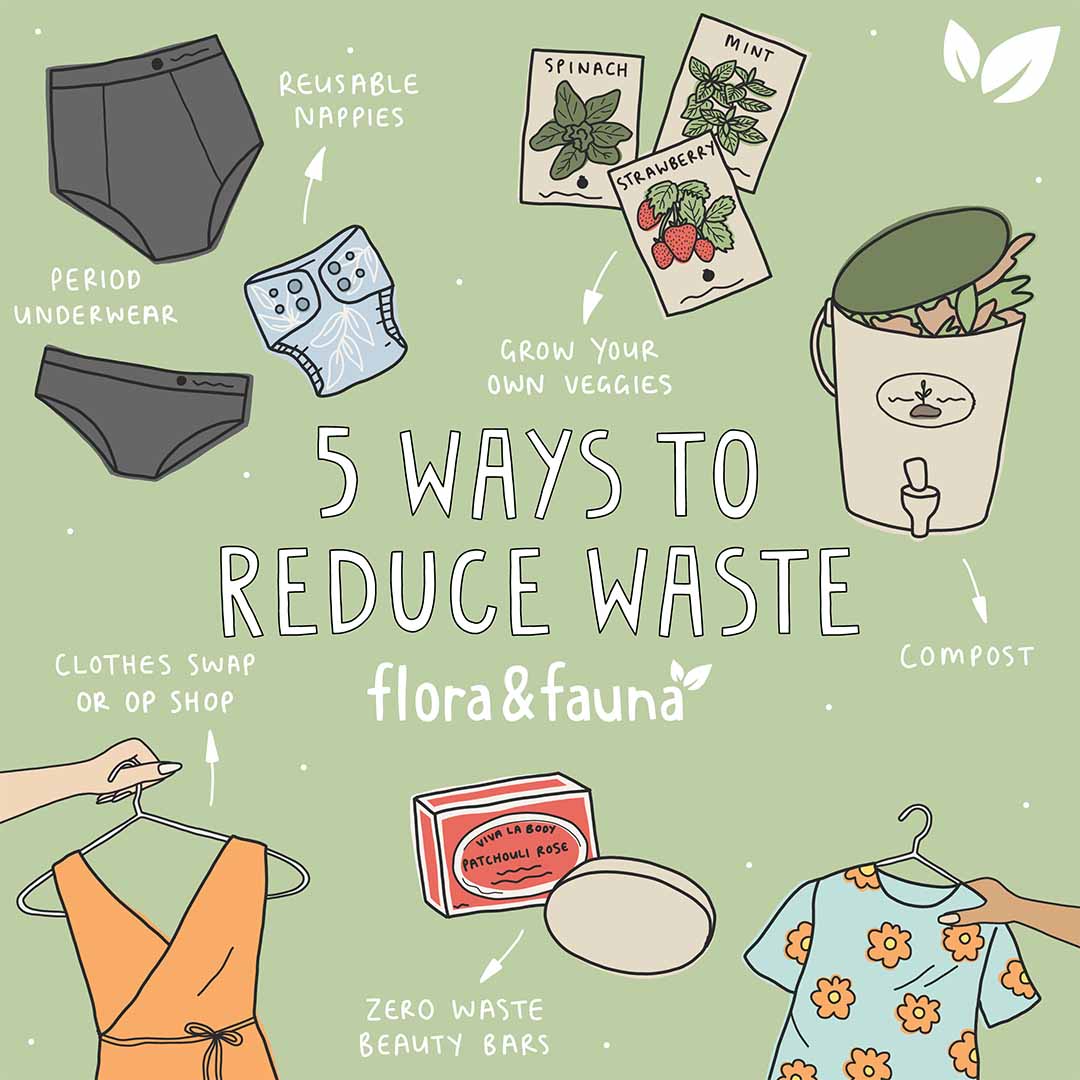

Plastic Free July 2021
First, let’s talk about Plastic Free July. The movement began in 2011 as an initiative by the Plastic Free Foundation. Since then, more than 326 million participants from 177 countries have participated in the Plastic Free July challenge!
The best part? The “challenge” can be adapted to suit your needs and lifestyle. If it’s your first Plastic Free July, you might be interested in targeting the Top 4 Takeaway Items (single-use bags, bottles, straws and coffee cups).
If you’re already comfortable with this, you can move onto some of the trickier swaps — like the ones we’ve outlined in this blog. If you’re already a plastic-free expert (good for you!), you might be interested in spreading the word about Plastic Free July by organising events and sharing ideas. It’s really up to you!


Sustainable Clothing & Accessories
Did you know that Australians throw out around 500 million kilos of unwanted clothing per year? The problem is that many of our clothes contain synthetic, non-biodegradable fibres like polyester, nylon and acrylic — which can take up to 200 years to degrade into microplastics.
To avoid discarding clothes, try to buy less and buy well, and opt for sustainable clothing brands that use biodegradable fabrics like cotton and hemp. You can swap clothes with friends and family, and buy/sell your clothes on Facebook Marketplace and Depop! Plus, you can find some amazing bargains at your local op shop and donate your clothes there, too. Alternatively, you can try repairing and upgrading your clothes! If you are after jewellery try Myrtle & Me. They are an ethical and sustainable jewellery brand, who use bamboo and recycled silver.
Grow Your Own Veggies & Herbs
Around one-third of all food is wasted — so growing your own veggies and herbs can help you to avoid plastic waste from packaged items, reduce your overall food waste, and reduce carbon emissions from imported food!
Not sure how to get started? Here at F&F, we have an amazing range of seeds and kits to grow veggies, herbs, spices and microgreens!
The Little Veggie Patch Co have over 50 different seeds for you to plant throughout the year — but they also have veggie, herb and leafy greens seed kits. We’re also a massive fan of Urban Greens’ Seed Balls and Windowsill Grow Kits.
Compost Your Food Scraps
Composting your food scraps at home is one of the easiest things you can do to reduce the environmental impact of your food scraps and nourish your garden!
Composting turns your leftover food into nutrient-packed soil for your garden and house plants, keeps your food scraps from decomposing and producing methane in landfill, and saves you money on fertilisers and manures.
Here at F&F, we highly recommend using the Urban Composter System. It’s compact, simple to use, pest-proof and leak-proof — plus, it can sit in your kitchen!
Through the ShareWaste app, you can connect with other composters in your community to retrieve or donate food scraps and compost.
Try Solid Beauty Bars
Our bathrooms tend to create a lot of waste! The plastic packaging from shampoo, conditioner, body wash, hand soap, facial cleanser and moisturiser usually end up in landfill — but it doesn’t have to be this way. Making the switch from single-use plastic bottles to solid bars is a cost-effective, planet-friendly choice.
For Plastic Free July, you might be interested in trying out Viva La Body’s new Water Activated Bars! There are two ways to use these water-activated bars; either as a solid or a creamy liquid moisturiser. The range includes several solid moisturisers, a face creme, a night serum, an aftershave and a foot lotion — all completely plastic-free!
Ditch Single-Use Period Products (+ Nappies!)
The average woman uses 10,000-12,000 disposable menstrual products during her lifetime! There are so many plastic-free alternatives to pads and tampons that’ll save you money and reduce your period-related waste in the long run.
Menstrual cups, reusable pads and period underwear have exploded in popularity, and the great part is that you can mix and match these products to suit your flow. FYI, here are our top 3 menstrual products — take a look!
It’s the same deal with nappies — a whopping 3.75 million disposable nappies are used each day in Australia and New Zealand. During Plastic Free July, have a go at using reusable nappies for your baby or toddler!
Will you take the Plastic Free July challenge? If you’re feeling comfortable with the basics — like remembering your reusable water bottle, cup, shopping tote, and straw — why not try some of these more complex steps on your plastic-free journey?
Shop all of Flora & Fauna’s Plastic Free products here.
Still stuck on inspiration? Check out the blogs below for some more zero-waste tips and tricks.
